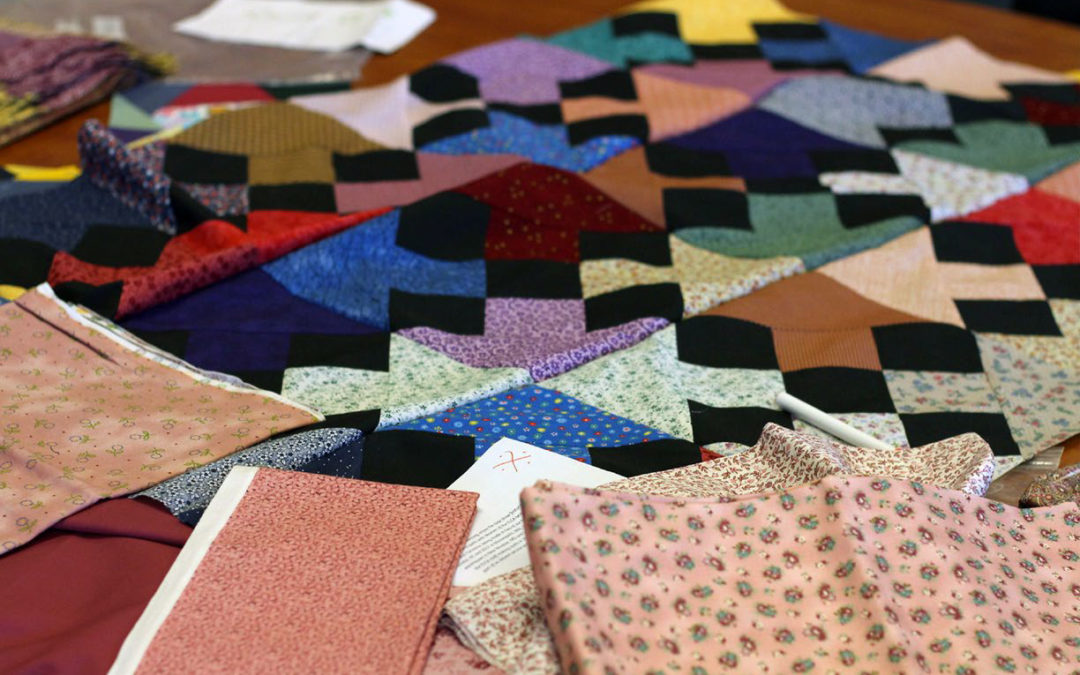by Kristin Berkey-Abbott—
Every year as Pentecost approaches, I see memes and essays about the nature of the Holy Spirit, about how we should be careful about inviting the Holy Spirit into our lives because we never know what we’re about to unleash. Some essay writers go on to tell us how delightful it will be. Most write about changed lives, uprooted in a whirlwind. For this reason, Pentecost might be the church holiday or season least likely to win a popularity contest.
But what would happen if we shifted the imagery away from danger and warning? In a time when some of the fiercest hurricanes come ashore regularly instead of just once every 100 years, maybe the rushing wind of the Pentecost story isn’t the most effective imagery. Likewise, tongues of flame may bring to mind devastation, especially in places where wildfires have taken out whole communities. Maybe it’s time to expand our imagery, our vision of the Holy Spirit as the divine force that equips us to transform the world in the way the early apostles did.
Those accounts of the early apostles may also contribute to our wariness when it comes to the Holy Spirit. Most of us have heard their stories: Men were sent out in pairs, with very little in their pockets, relying on the kindness of strangers as they spread the Good News. Many of us were raised to believe this is literally what Christ wants us to do, too. The Great Commission, after all, tells us to go to all the lands and make disciples. But in so many ways, this is a young man’s narrative that leaves very little room for women, the elderly, people with disabilities or people with commitments, like raising small children. Scripture doesn’t tell us about the families the apostles left behind. How were they supposed to cope?
BROADENING THE CELEBRATION
If we read the Gospels and the book of Acts carefully, we do get a sense of people in the background of the narrative—people supporting the ministry by donating money, meals, space. We get a sense from Paul’s letters, too, that the early churches were filled with new believers wrestling with the question of what it meant to be a Christian community.
What if, instead of simply celebrating the evangelizing apostles who went out with very little in their pockets, we also celebrate the ones who stayed to build up the communities the apostles created? I wish we did more to lift up these people and churches, the ones who sank deep roots into their communities, the ones who stayed put.
Unfortunately, sometimes we label them “stagnant” and “out of touch,” even if they are the ones supporting
the local elementary school and teaching new immigrants and running the food pantry. Many of us have been told that the Holy Spirit demands more of us than incremental movement toward building stronger, more loving communities. Yet even as we are challenged to do more, we must remember to celebrate and recognize the smaller, steady, Spirit-filled successes we build upon.
BROADENING THE LANGUAGE
Maybe it’s time to widen our Holy Spirit language—perhaps with imagery that comes out of a female tradition. What if we thought of the Holy Spirit as part of a quilters’ group? How might our expectations shift?
I do my writing in the guest room of my home, within view of the most beautiful quilt I ever expect to make. It reminds me of the quilt group I belonged to when I made it. We first got together because two of us had been quilting for years, and a third friend wanted to create a quilt to memorialize her mother. We included others who also wanted that sort of fellowship, and we met once a month. As our meetings grew longer, we started bringing food to share.
Our story is similar to the story of Acts, though it may not seem that way at first glance. Like the early church, my quilt group was composed of people from a wide variety of backgrounds and ethnicities. Our friend who had immigrated from India didn’t just teach us about saris and traditional Indian fabrics; she also gave us a window into a different culture through the food she brought and shared and the Hindu holidays she celebrated.
Our friend from Germany was intrigued to discover that our Indian friend had a German grandmother, and that discovery led to many insights about similarities and differences between cultures, as well as immigration routes we don’t always hear of in U.S. news coverage. The language of fabric brought us together and encouraged us to learn other languages, too—primarily the language of community.
In that first chapter of Acts, we don’t see a group that looks destined to change the world. But as anyone who has been a member of a quilt group (or any other kind of artists’ group) can attest, there is a power in the group itself. When I think about my quilt group, I realize that we all accomplished more together than we would have on our own. We made quilts that could cover a bed. We sewed quilts filled with intricate stitches and designs. We entered quilt shows. We traveled to other cities to take classes or see special exhibitions.
Dr. Kristin Berkey-Abbott earned a Ph.D. in English from the University of South Carolina. She is the Director of Education at the Hollywood (Florida) campus of City College.
This article is excerpted from the September/October 2021 issue of Gather magazine. To read more like it, subscribe to Gather



Your writing serves as inspiration to me as I sew without quilting the Lutheran Church of the Nativity’s “quilts” for Lutheran World Relief. Thanks from our group!
Lovely